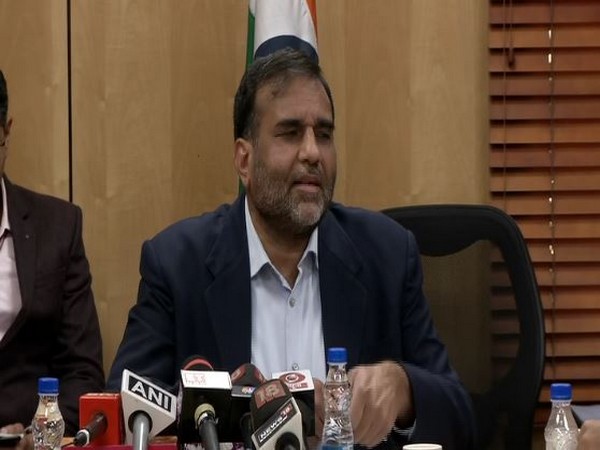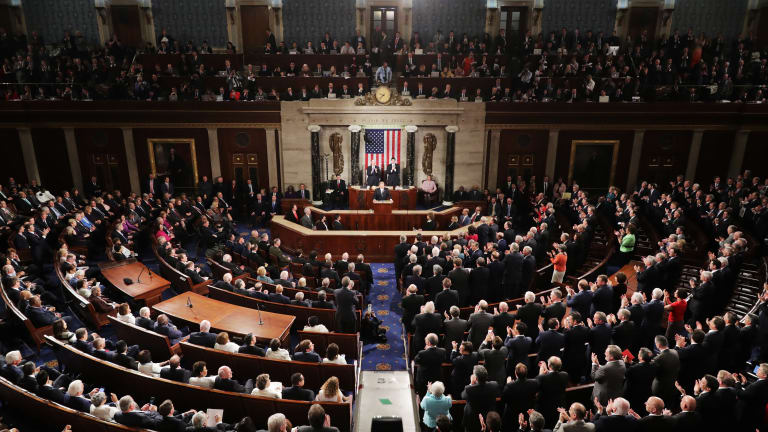Commerce Secretary: Economic value of GSP benefits moderate
The government on Tuesday downplayed US President Donald Trump's decision to withdraw India from the list of countries enjoying the Generalised System of Preferences (GSP) programme, with officials saying that review talks between both the countries are still on even as economic value of GSP benefits are "very moderate."

New Delhi: The government on Tuesday downplayed US President Donald Trump's decision to withdraw India from the list of countries enjoying the Generalised System of Preferences (GSP) programme, with officials saying that review talks between both the countries are still on even as economic value of GSP benefits are "very moderate."
"In April 2018, the United States decided to review the GSP. Total GSP duty benefits (relaxation) was USD 190 million. The economic value of GSP benefits are very moderate. The United States will terminate GSP in 60 days. Our relations remain strong with the United States and discussions will go on," Commerce Secretary Anup Wadhawan told reporters here.
"Our assessment is that this will not have any significant impact on our 5.6 billion dollar exports to the United States," he added.
However, sources said talks between both the countries are still on and New Delhi is hopeful of reaching an agreement with Washington.

"We are still in discussion. We would like to reach an agreement. The trade package was in the backdrop of GSP review talks, and cannot go through currently as they have already triggered a withdrawal. There are still 60 days, and we will continue to talk to them," they said.
Also Read |
Trump decides to withdraw India from GSP program list
Under the GSP or zero-tariff policy measures, India enjoys tariff concession costing to USD 5.6 billion of exports to the United States. India has been the world's largest beneficiary of the GSP scheme that has been in force since the 1970s.
Trump said the decision to end preferential trade treatment was taken as India no longer complies with the statutory eligibility criteria.
At the same time, Wadhawan said that India will not compromise on the affordability of medical devices, adding all issues in trade domain "are on the table" for discussions.

"We have very deep-rooted ties with the United States. All the issues in the trade domain are on the table for discussions. We will not compromise on the affordability of medical devices," he remarked.
Wadhawan said: "The Indian government has to be conscious of our developmental and public welfare interests. Our effort was to balance the affordable prices of the medical devices without compromising on public welfare."
Under the GSP programme, certain products can enter the United States duty-free if beneficiary developing countries meet the eligibility criteria established by the US Congress.
GSP criteria include, among others, respecting arbitral awards in favour of United States citizens or corporations, combating child labour, respecting internationally recognised worker rights, providing adequate and effective intellectual property protection, and providing the United States with equitable and reasonable market access.
Countries can also be graduated from the GSP programme depending on factors related to economic development.
Apart from India, Turkey is the second country that has been removed from the list countries enjoying the GSP policy.
Aiming to reduce the US trade deficits, Trump has designated India as a ‘high tariff nation’ several times and called out to reduce the heavy duties that New Delhi imposes on goods imported from Washington. (ANI)
 Dynamite News
Dynamite News 